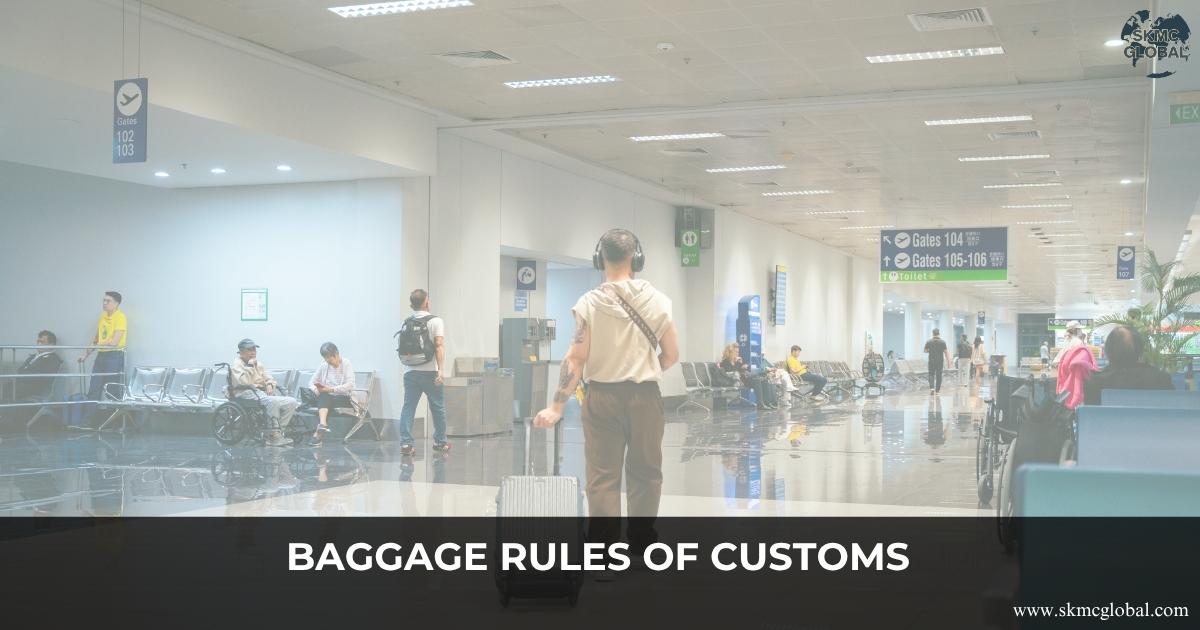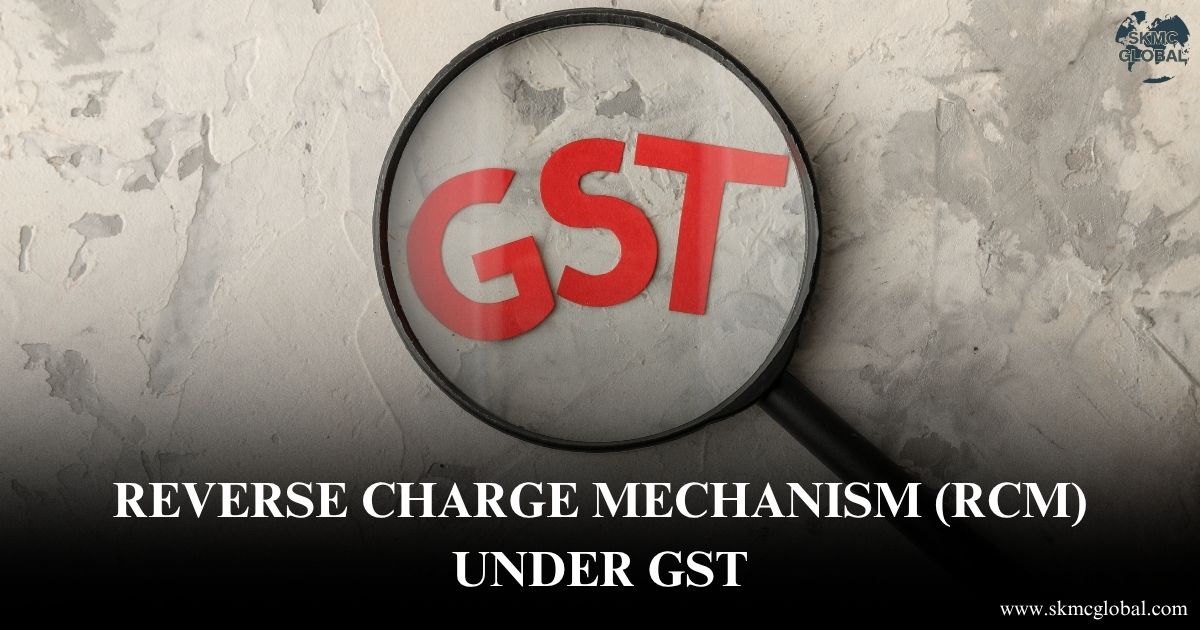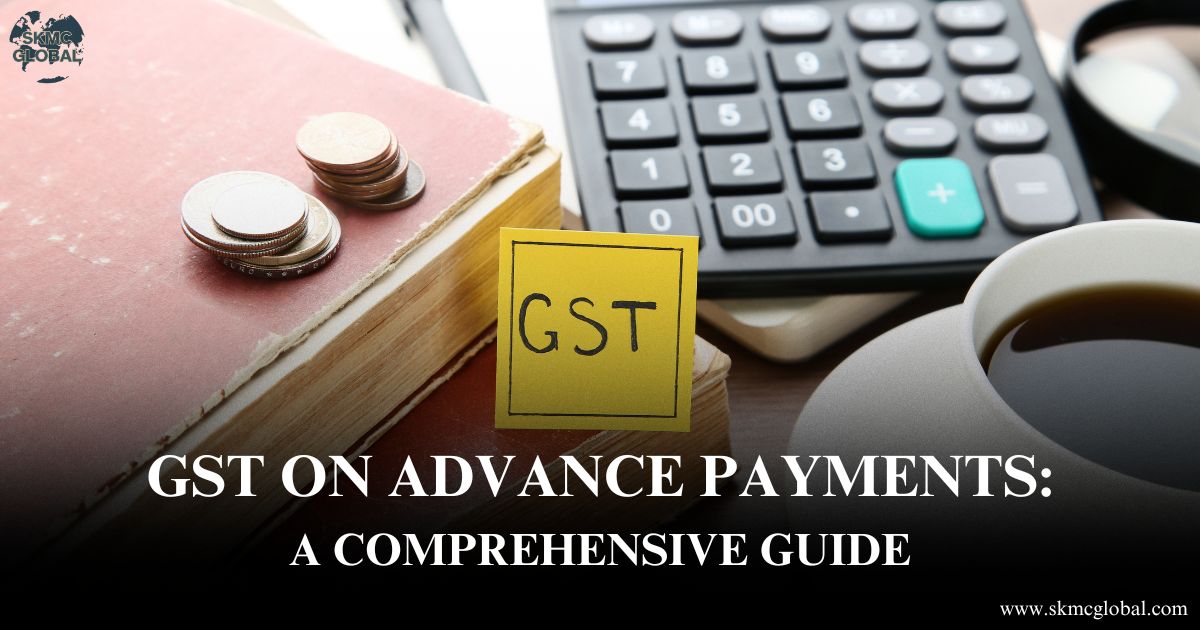
Introduction
The GST was implemented with the primary aim of reducing the cascading effect of taxation via concept of Input Tax Credit. Even though the principle of ITC is the pivot of GST, there are conditions under which the law prohibits the credits. One of the most debated and litigated provisions in that scenario is Section 17(5) of the Central Goods and Services Tax (CGST) Act relating to "Blocked Credits.".
We will analyze in this article what are blocked credits in GST, nitty-gritty of Section 17(5) provisions, judicial trends, practical business issues, and the way businesses such as SKMC can help to avoid these complications.
What is Blocked Credit under GST?
Blocked credit are certain goods and services on which Input Tax Credit (ITC) cannot be claimed, even though they may be utilized toward the direction or promotion of business. It is in an aim to limit credits on certain costs which are perceived by the government to be of private nature, prone to abuse, or indirectly related with taxable supplies.
These have been specifically dealt with under Section 17(5) of the CGST Act, and also known as the "Negative List of ITC".
Section 17(5) Provisions of CGST Act Defined in Detail:
The below are nature of supplies mentioned which have been excluded or made conditional for the purpose of claiming Input Tax Credit under Section 17(5):
1. Motor Vehicles and Conveyances (Section 17(5)(a))
ITC is not allowed on purchase of motor vehicle for transportation of human persons with capacity up to 13 (including the driver). Credit is, however, permitted if the vehicle is being used for:
- Further supply of the same vehicle (e.g., car dealers),
- Transportation of passengers (e.g., taxi operators),
- Training for driving such vehicles.
- For goods carrying vehicle, ITC is normally permitted if being used in business.
- ITC is prohibited on:
- Food and drinks,
- Outdoor catering,
- Beauty treatment,
- Health care,
- Cosmetic and plastic surgery,
- Life insurance and medical insurance,
- Club membership, health and physical clubs.
Exception: ITC can be claimed if the inward supply of such good or service is for the purpose of making an outward taxable supply of the same type or as part of a composite/mixed supply.
3. Works Contract Services (Section 17(5)(c) and (d))
ITC is blocked on service of works contract in relation to construction of immovable property (apart from plant and machinery) unless the same is utilized as input service for further supply of works contract service.
Similarly, ITC on goods or services availed in relation to construction of an immovable property on own account is also blocked.
4. Goods or Services for Personal Consumption (Section 17(5)(g))
If the goods or services are consumed by an individual, ITC is strictly not permissible. This comprises all the materials which, although acquired in business name, are utilized by owners or employees personally.
ITC is not permitted on the goods which:
Are lost, stolen, or destroyed,
- Are written off in books,
- Are provided as free samples or presents.
- No ITC is available on:
- Tax paid under composition scheme (Section 10),
- Tax paid as fraud, suppression, or willful misstatement penalty under sections such as 74, 129, and 130.
Practical Difficulties Faced by Businesses
These classes look simple on paper, but businesses face practical problems in interpretation and implementation. Some of the problems are:
- Definition confusion: Such as the distinction between consumer spending and business promotion.
- Eligibility litigation: Various companies have resisted ITC limitation on CSR expenditure, promotional gifts, or give-away samples.
- Compliance burden: Companies require strong documentation and reconciliation processes to avoid blocked credits from being diverted, incurring interest as well as penalization for the companies.
Additionally, repeated changes to GST legislation as well as clarification of taxing and judicial authority complicate it for businesses to keep pace with compliance.
Current Judicial Trends
Judiciary has now begun interpreting Section 17(5) pro-business in certain cases. For instance:
- There are High Courts which have permitted ITC over CSR expenditure since they consider them as compulsorily incurred business expenses.
- Promotional goods employed to promote business are in some circumstances permissible as ITC, if business promotion is the overriding objective.
These decisions, however, are case-specific and may not apply in all cases. Specialist advice always must be sought prior to employment of ITC in doubtful circumstances.
Conclusion
All business entities registered under GST must comply with Section 17(5) of the CGST Act by way of education. Whereas the law tries to restrict abuse of ITC, firms are subject to greater scrutiny on every expense and then must determine if it is input tax credit worthy or not. Incorrect claims lead to audit, reversals, fines, and litigation.
Maintaining oneself abreast of amendments, circulars, and court rulings is also required in order to keep oneself in good terms of compliance.
How SKMC Can Help You
SKMC is professionally viable to walkthrough the businesses through GST provision intricacies, such as Section 17(5) blocked credit issues. Our experts with expertise offer:
- In-depth examination of the eligibility of ITC,
- Transaction-wise examination of the impact of GST,
- GST audit as well as departmental inquiry assistance,
- Customized GST advisory for your business situations
Whether you need assistance in reviewing your past ITC claims, or need establishment of a strong internal compliance program, SKMC can guide you through every step.
Recent Posts
-
 Baggage rules of customs...
Nov 17,2025
Baggage rules of customs...
Nov 17,2025
-
 Reverse Charge Mechanism (RCM) Under GST: A Comple...
Jun 20,2025
Reverse Charge Mechanism (RCM) Under GST: A Comple...
Jun 20,2025
-
 Blocked Credit under GST: Interpretation of Sectio...
Jun 13,2025
Blocked Credit under GST: Interpretation of Sectio...
Jun 13,2025
-
 GST on Advance Payments: What Businesses Need to K...
Jun 12,2025
GST on Advance Payments: What Businesses Need to K...
Jun 12,2025
-
 How to Ensure GST Compliance: Best Practices for S...
May 21,2025
How to Ensure GST Compliance: Best Practices for S...
May 21,2025
